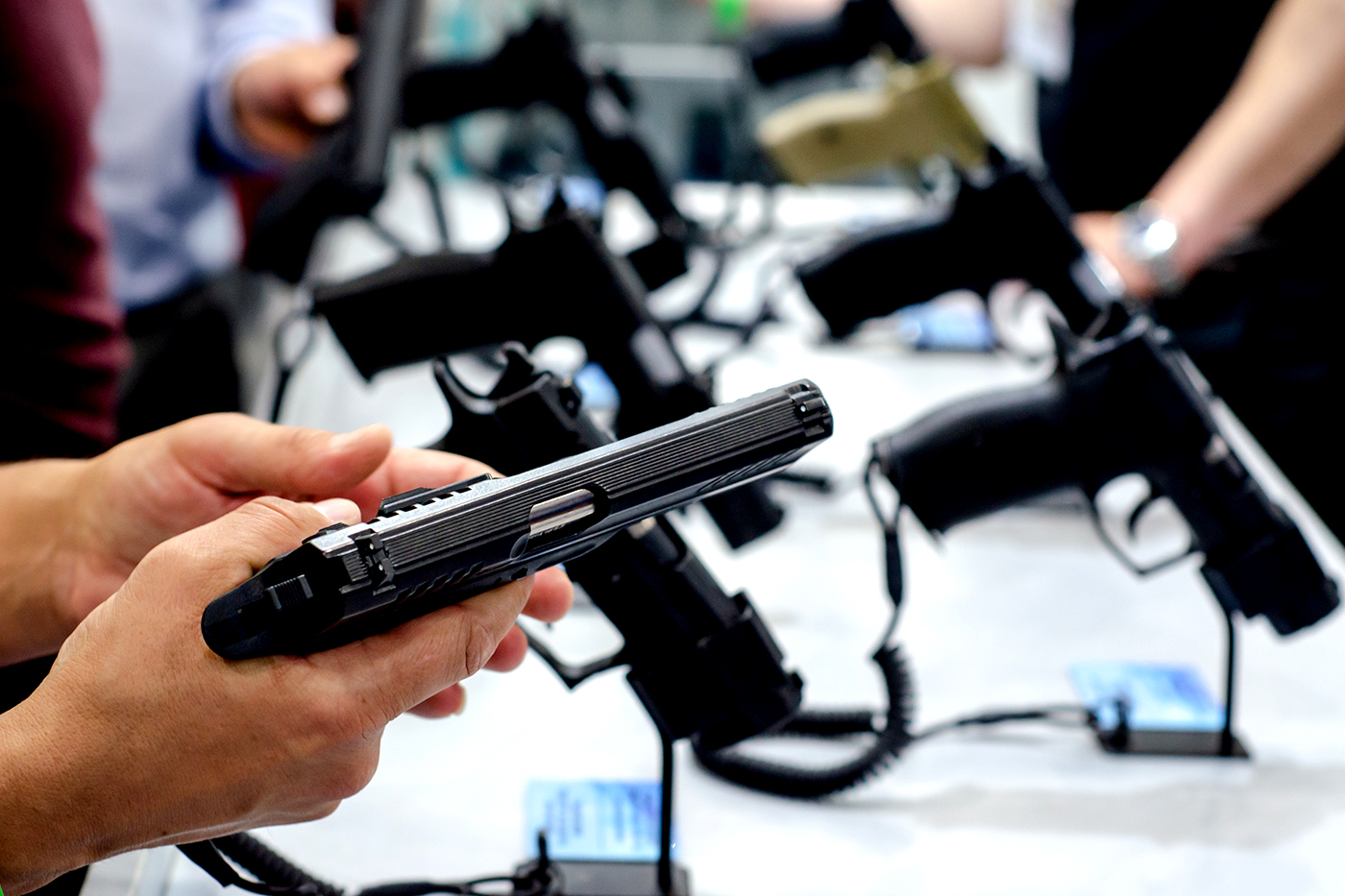The sale of firearms is not just a legal or ethical issue; it also has profound economic and social consequences. From the creation of jobs in the gun manufacturing industry to the societal costs of gun violence, the guns for sale market has far-reaching implications that affect individuals, families, and entire communities. In this article, we will explore the economic and social impact of the sale of guns, focusing on both the benefits and the challenges posed by the firearm market.
The Firearm Industry and Its Economic Contributions
The firearm industry plays a significant role in the global economy, particularly in countries where gun ownership is widespread. In the United States, the firearms industry contributes billions of dollars to the economy each year. The manufacture, sale, and distribution of firearms create jobs in production, retail, and security sectors, making it a vital industry for many communities.
According to the National Shooting Sports Foundation (NSSF), the firearms and ammunition industry alone generates over $51 billion in economic activity each year in the U.S. This includes direct spending on firearms, ammunition, and related goods, as well as jobs created in manufacturing, retail, and services. The industry also supports various businesses, from hunting and shooting sports to tactical training and law enforcement equipment.
In addition to these economic benefits, gun ownership and sales are often linked to recreational activities, such as hunting and shooting sports. These industries generate significant revenue through the sale of hunting gear, ammunition, and participation fees, contributing to local economies and tourism.
The Social Costs of Gun Violence
Despite the economic benefits of gun sales, there are considerable social costs associated with firearms. The most significant of these costs is the toll that gun violence takes on society. According to the Centers for Disease Control and Prevention (CDC), gun violence in the U.S. results in thousands of deaths and injuries every year. This includes homicides, suicides, and accidental shootings.
The social costs of gun violence are far-reaching. Families are devastated by the loss of loved ones, communities are traumatized by violent incidents, and healthcare systems are burdened by the treatment of gunshot wounds. The cost of gun violence extends beyond just the immediate impact, as long-term mental health issues, legal proceedings, and lost productivity also contribute to the economic toll.
Moreover, communities that experience higher rates of gun violence often face decreased property values, reduced investment, and a weakened sense of safety. The presence of firearms can create a climate of fear, leading to social unrest and a breakdown of community trust. This can hinder economic development and contribute to a cycle of poverty and violence in areas with high levels of gun crime.
The Debate Over Gun Sales and Public Safety
The economic and social impact of guns for sale is at the heart of the ongoing debate over gun control. Advocates for stricter gun laws argue that reducing the availability of firearms will lead to fewer gun-related crimes, injuries, and deaths, which could result in significant cost savings for society. In contrast, proponents of gun rights argue that owning firearms provides personal security and has positive economic benefits, including the promotion of outdoor recreation and the creation of jobs.
The challenge lies in finding a balance between the economic contributions of the firearm industry and the social costs associated with gun violence. Some propose that more stringent background checks, limitations on certain types of firearms, and better regulation of gun sales could help mitigate the negative effects of gun violence while preserving the economic benefits of the industry.
Conclusion
The sale of guns has complex economic and social consequences that go beyond the immediate transaction. While the firearms industry provides significant economic contributions through job creation and recreational activities, the social costs of gun violence are staggering, affecting individuals, families, and entire communities. Finding a balance between these competing interests remains a challenge, but it is crucial for lawmakers and society as a whole to carefully consider both the economic benefits and the societal costs when it comes to the sale of guns. By addressing the negative impacts of gun violence while maintaining the economic contributions of the firearm market, a more balanced approach to gun sales may be possible.







